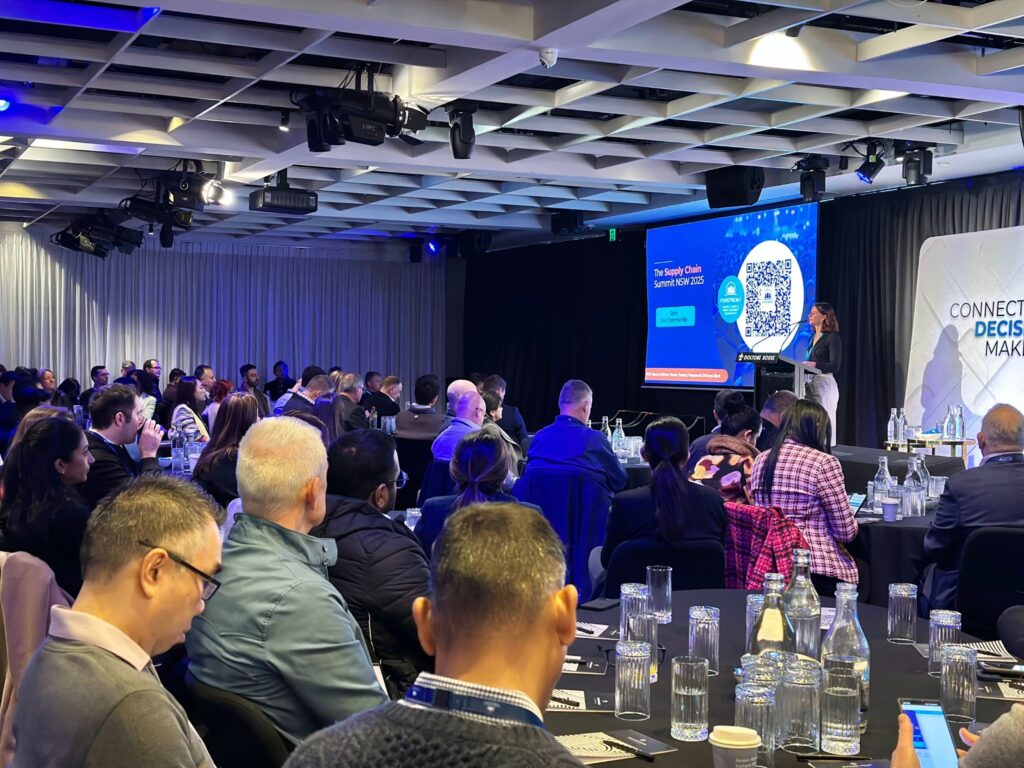Only solicited advice, please! (5 tips for consultants)
When someone shares a problem with you, your first reflex is probably to offer advice. You want them to get out of their predicament. Why? Because you like to fix what’s broken. Right?
Well, you’re not alone. But the question is whether this is a desirable response. According to psychologist Thijs Launspach, we collectively suffer from ‘the solution syndrome.’ We have a tendency towards providing unsolicited advice, while sometimes people just want you to listen.
Even though Launspach is referring to problems in the personal realm, we couldn’t help but take note of his piece. The ability to provide advice is in every consultant’s toolkit. In our case, however, it’s usually solicited. But even then, we tread carefully. Nobody wants to be the know-it-all whose ‘nuggets of wisdom’ are too much.
So, in the spirit of being constructive, let’s have a look at how consultants can avoid providing unsolicited advice. Here are our five tips!
1. Be a good listener
Before you share any advice, it’s paramount that you listen to people. It can be very useful to conduct interviews with employees across the organization. This will help you get to the bottom of the issue and build trust (the latter is important if you want to implement changes later on). Plus, you make sure people’s answers to your questions are reflected in your advice.
2. Help people draw their own conclusions
Supporting people isn’t the same as telling them what to do. Sometimes, you can best help clients by facilitating difficult conversations. Ask them crucial questions that no one dares to ask. As an external party, you can be critical and sharp without disturbing the social situation. In fact, you’ll help keep things pleasant on the work floor, since people won’t have to criticize their co-workers’ decisions or strategies.
3. Provide plenty of information
As a consultant, you’ve seen a variety of organizational structures, ways of working, processes, and policies. Moreover, you possess a ton of expertise. Rather than flooding people with recommendations, you can share some examples, discuss the different options they have, and point out any risks. By arming them with knowledge, you’ll help them make well-founded decisions.
4. Make sure to co-create
If you do have to provide advice, you will need to incorporate well-substantiated recommendations. In that case, be sure to include people from the organization in every step. While formulating your advice, stay in contact with them and ask if you’re on the right track. That way, they’ll feel that your recommendations are in line with their situation.
5. Dare to refrain from giving advice
Are you dealing with a client who doesn’t yet have a clear idea of what they want? Or are they requesting advice on a topic that doesn’t reflect the actual problem? In these cases, tell them and help them map out their issue. Good consultants refrain from giving advice if they believe it’s not beneficial.
Consulting is more than providing advice!
As these five tips demonstrate, consultants operate within a broad scope. We facilitate complex conversations, identify (underlying) problems, share knowledge and information, help implement solutions, and initiate change in the organization. Advice is a means to an end: we use it to improve situations. And if the assignment solely consists of providing advice, we make sure to co-create proposals with our clients!







